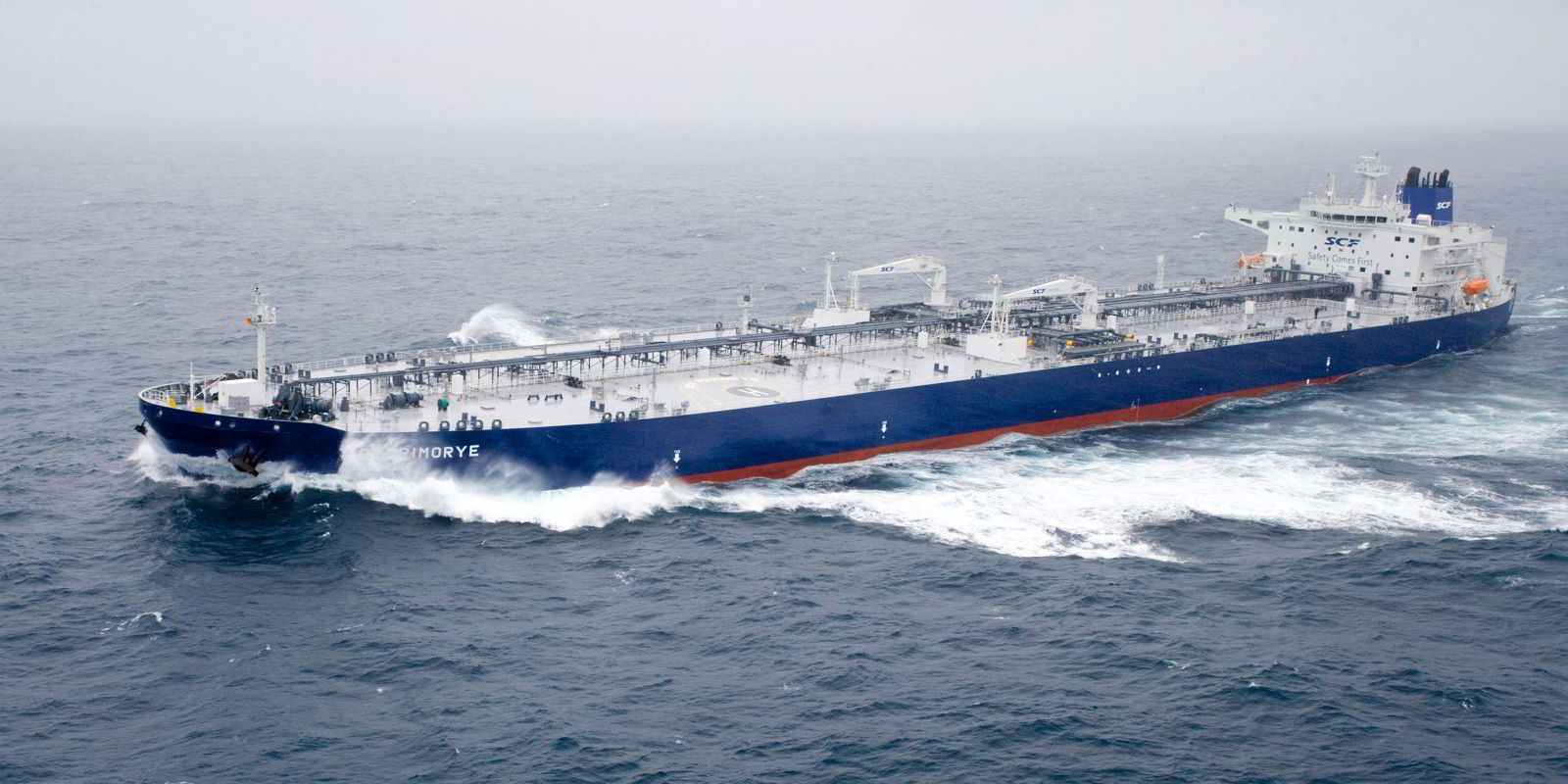A string of ships fled the Russian flag to international registries as trade sanctions and company actions further isolated the country’s shipping fleet in the wake of Moscow’s invasion of Ukraine.
The move comes as pressure builds to apply more sanctions on the Russian economy, with the US threatening to begin targeting the marine sector.
Technology firm Windward, which uses artificial intelligence to analyse shipping data, said 18 vessels switched their flag from Russia to another country’s registry in March. That is roughly three times the average number of monthly flag changes for data dating back to January 2020.
Many of the movements are likely part of a continuation of companies distancing themselves from Russian links amid evolving sanctions and reputational risks.
“Flag hopping” is considered a deceptive shipping practice by US officials, although the activities unveiled in the Windward data does not yet rise to the level of the repeated flag changes that are seen as a sanctions evasion manoeuvre.
“In the context of the current situation between Russia and Ukraine, such a trend is likely to point to one of two scenarios: honest business people trying to continue trading as usual without the potential hurdles that a Russian flag could create for them, or bad actors that intentionally hide their Russian identity and/or business connections to deceive authorities and counterparts,” Windward said in its report.
The firm said five of the vessels that left the flag are owned or operated by Russian companies.
The Russian Maritime Registry of Shipping runs a well-regarded shipping flag, appearing on the whitelists of the top international port-state inspection regimes, the Paris MOU and its Tokyo counterpart.
Move to Marshall Islands
The majority of the vessels that fled Russia’s flag, or 11 of them, switched to the flag of the Marshall Islands, Windward said.
In a statement to TradeWinds, the Republic of the Marshall Islands Ship Registry said it is not accepting Russian ships owned or controlled by Russian interests.
The registry said 11 supply vessels owned by the United Arab Emirates government and trading in the Caspian Sea under a foreign bareboat charter were brought back to the Marshall Islands flag after their contracts were cancelled in early March.
Windward said three moved to St Kitts & Nevis. But the country’s ship registry told TradeWinds it is not considering registrations from vessels known to be flying the Russian flag.
The flag switching comes after recent evidence that Russian tankers are increasingly engaging in “dark activities”, when AIS tracking data is either turned off or otherwise not broadcasting.
And the development movement comes as sanctions on Russia are expected to ramp up amid allegations of brutality in its war on Ukraine.
On 31 March, US treasury secretary Janet Yellen signed an order that opened the door for the Office of Foreign Assets Control to apply sanctions to companies and individuals in the Russian “marine” sector, in addition to aerospace and electronics.
It is not clear what falls under the definition of marine for the US Treasury Department, as sanctions experts have not seen Washington officials use the term in this way before. TradeWinds has requested clarification from the Treasury Department press team.
“I think a fair inference is that shipping will come under focus,” said sanctions lawyer Andrew Jacobson of New York law firm Seward & Kissel.
This story has been amended since publication to include updated information from the Marshall Islands and St Kitts & Nevis registries.





